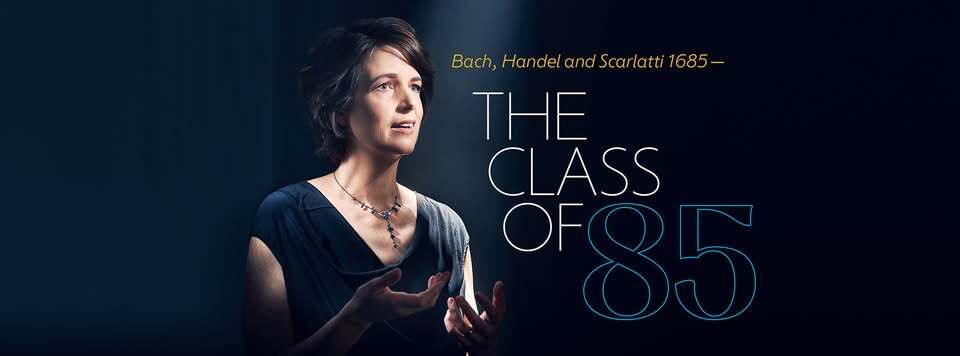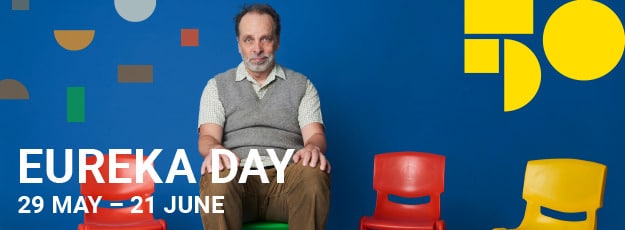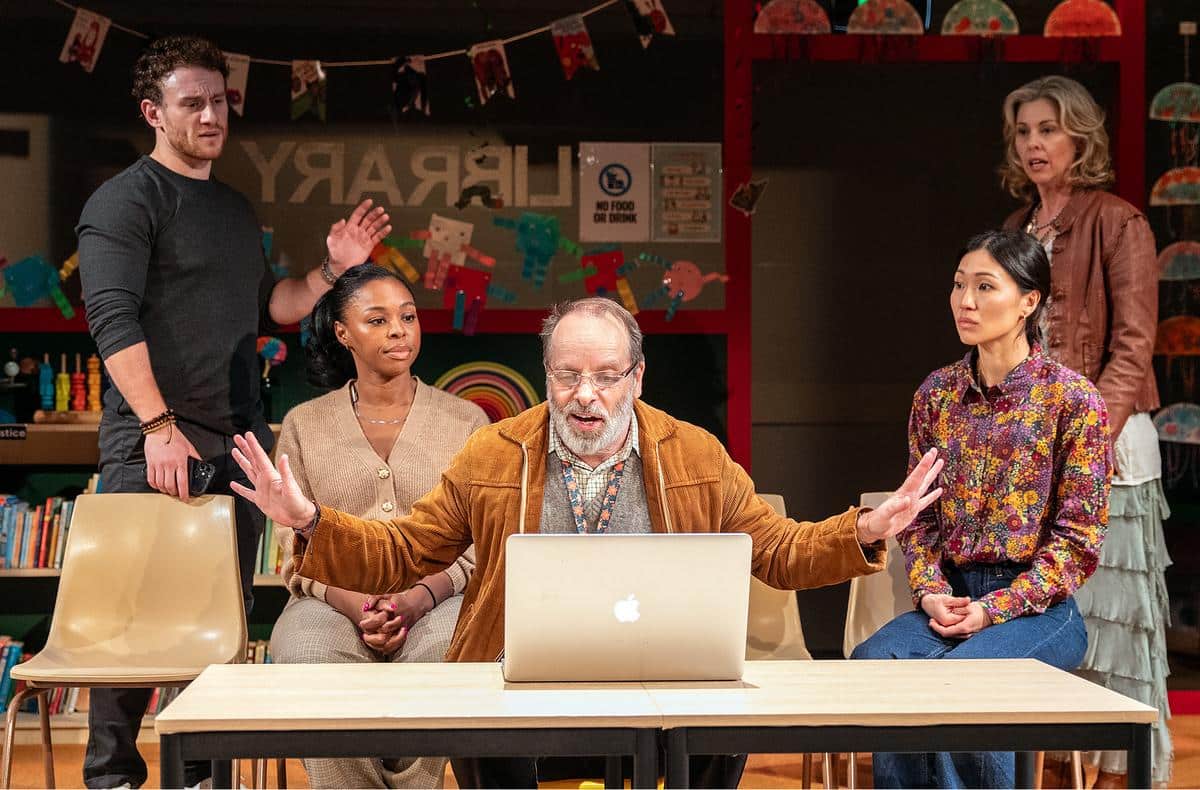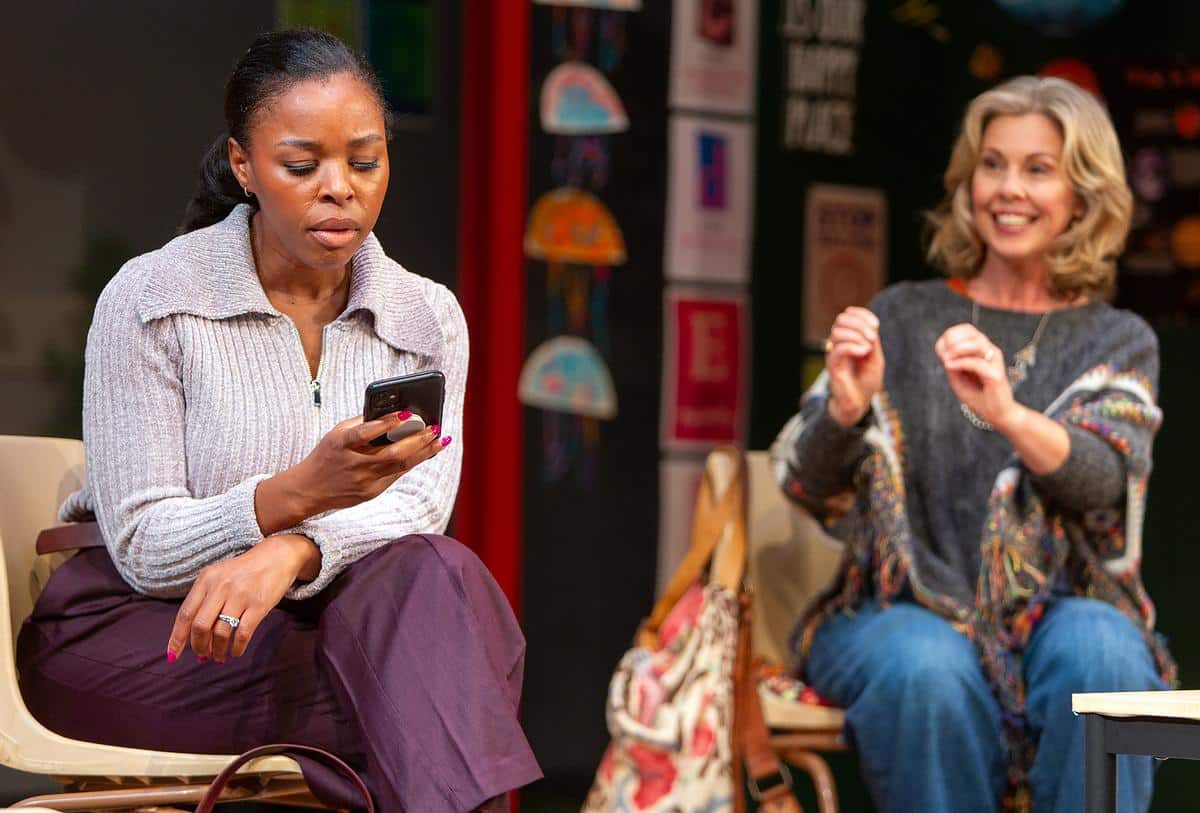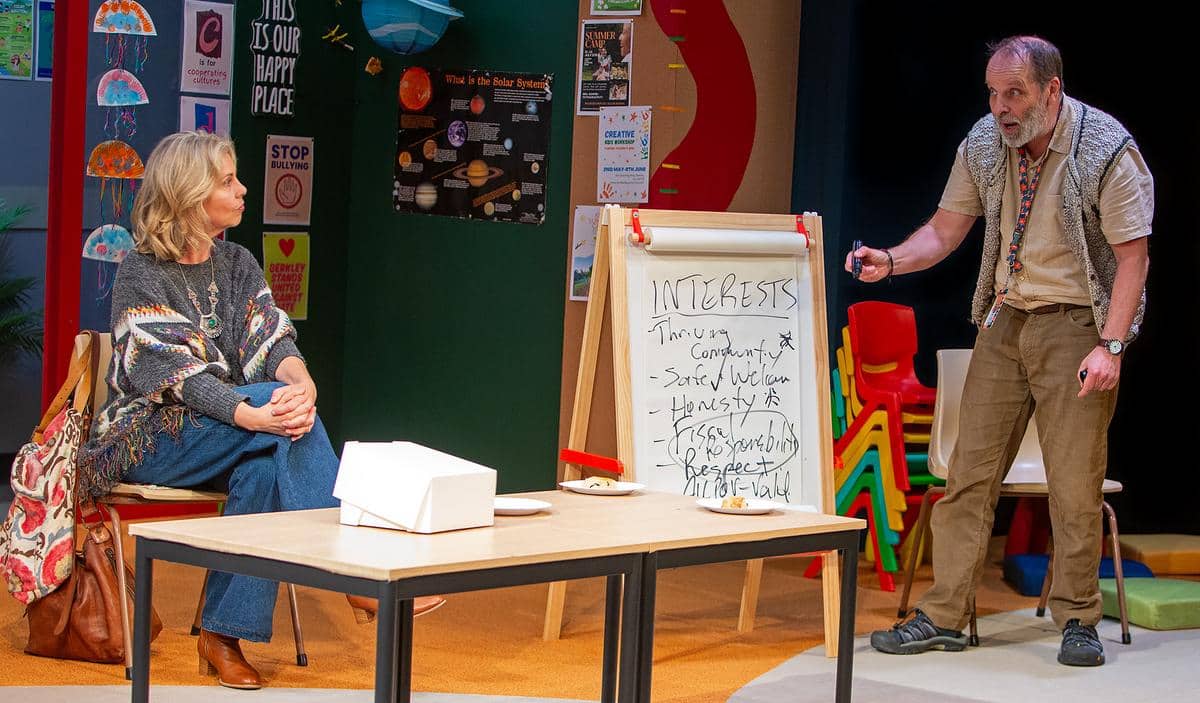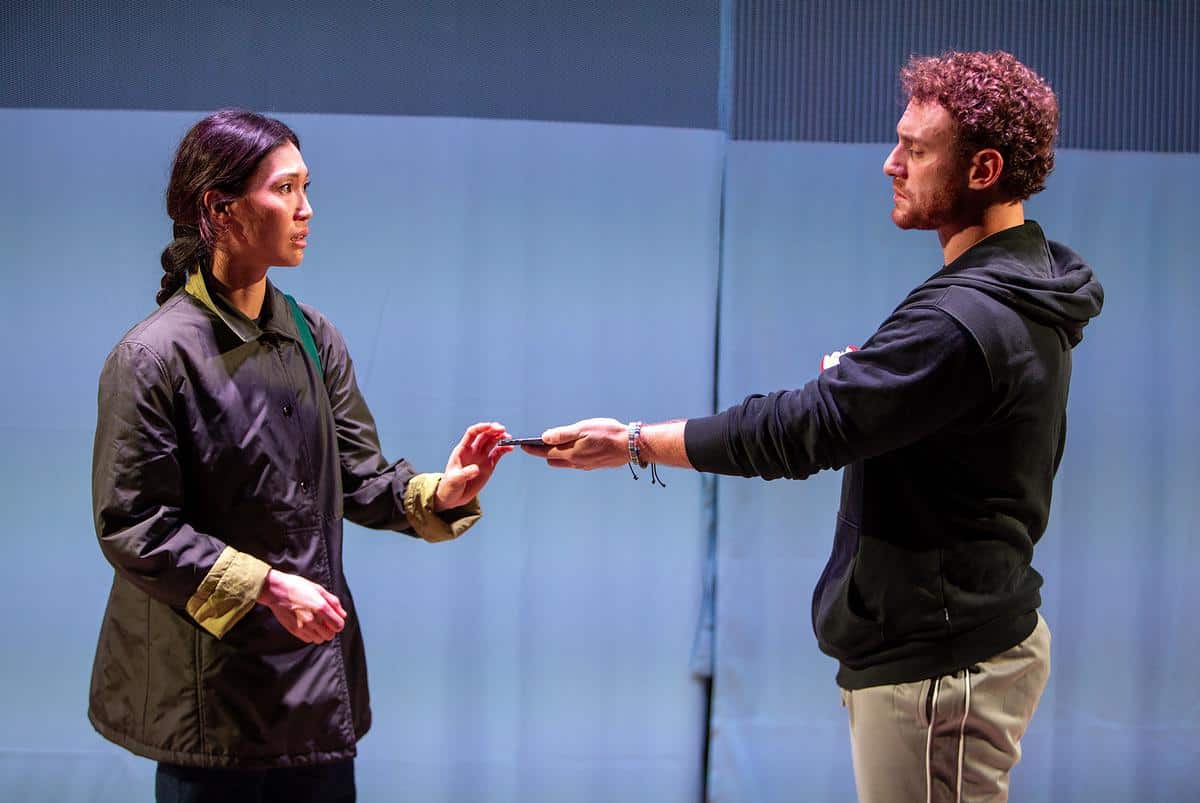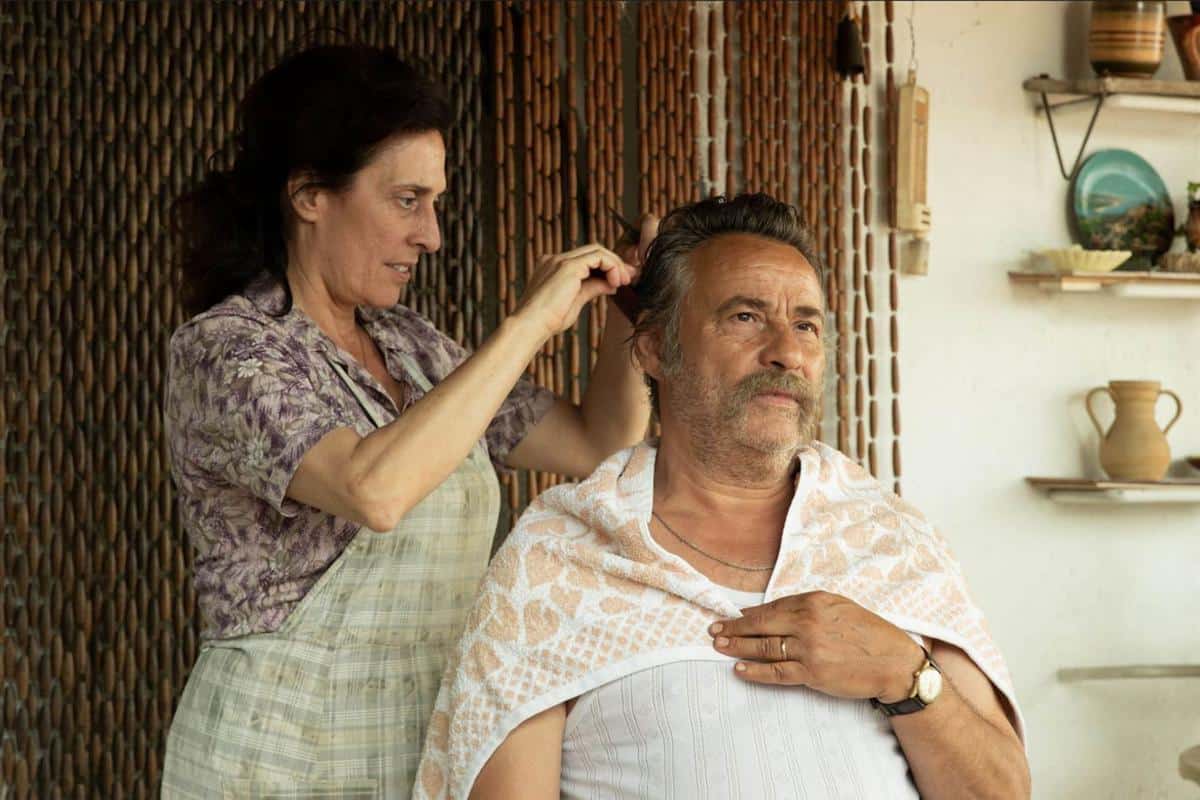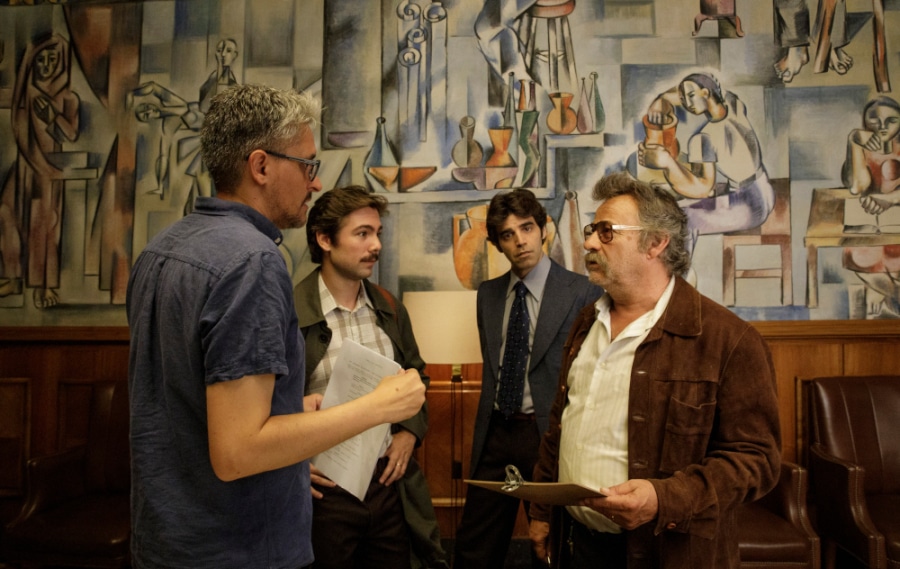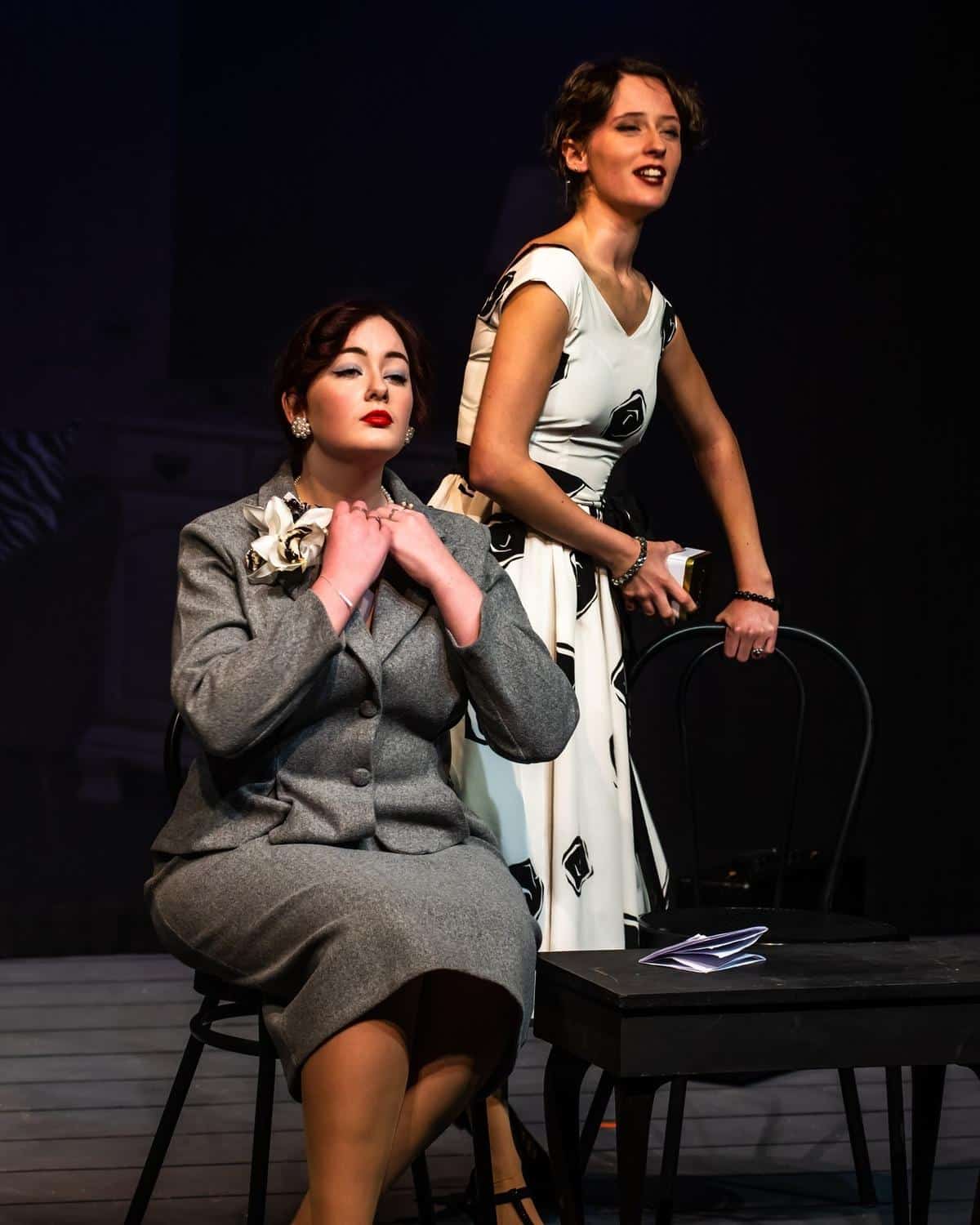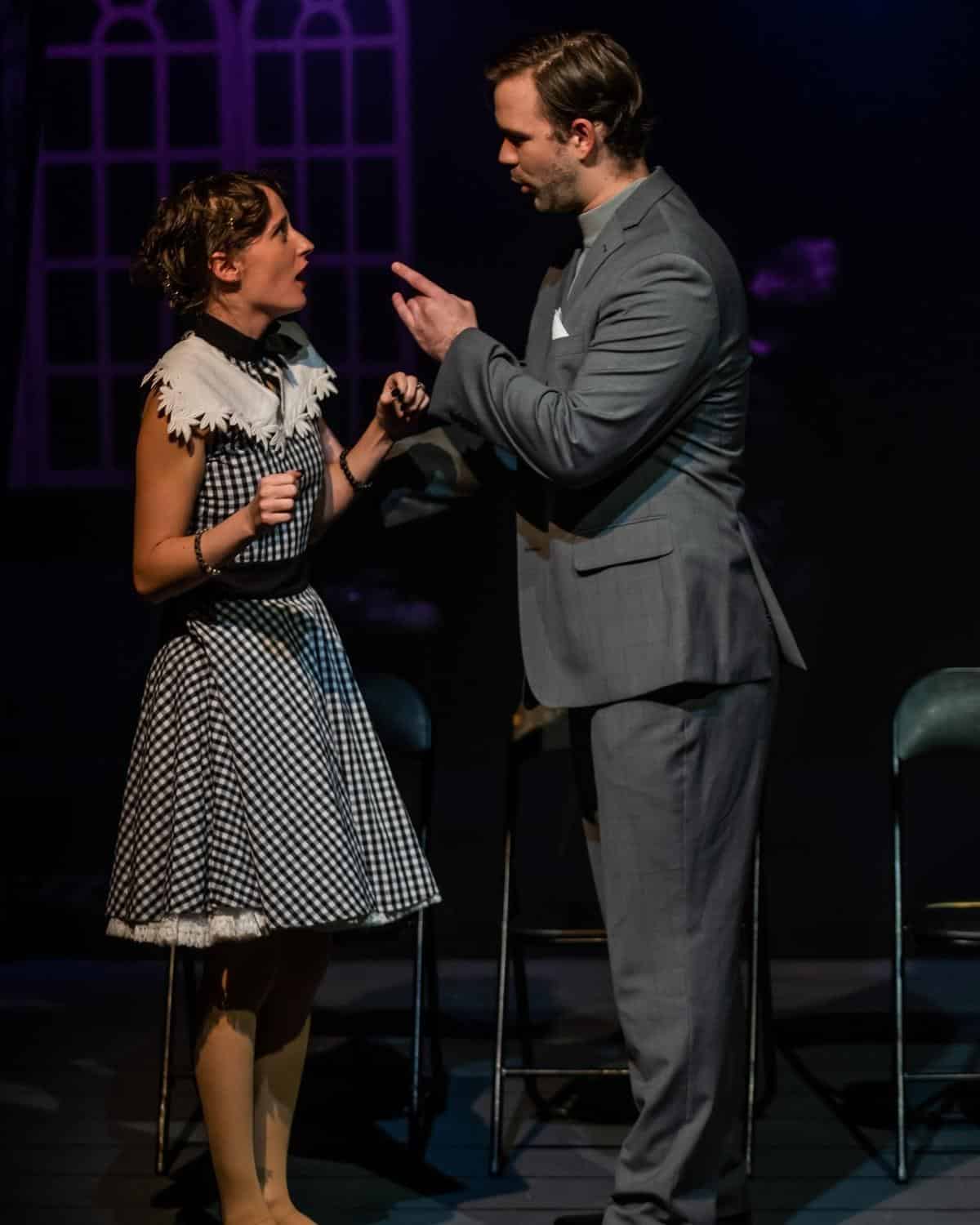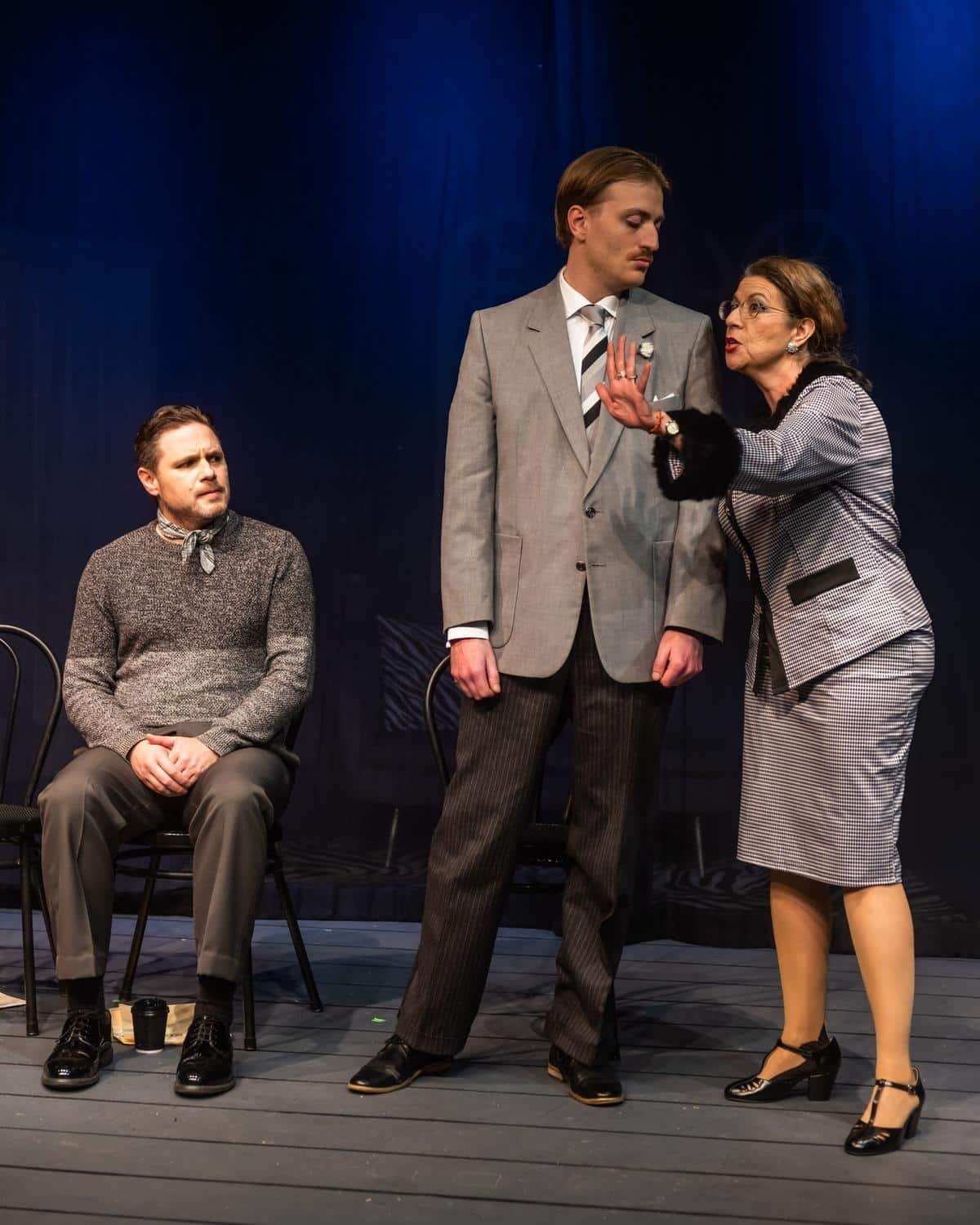Last night I experienced something absolutely incredible: “The Class of ’85” by the Bach Akademie Australia featuring the divine voices of mezzo-soprano Hannah Fraser and soprano Susannah Lawergren.
The remarkable performance was held within the exquisite grandeur of St James’ Anglican Church Sydney, which was consecrated in February 1824 and named in honour of St James the Great. It is the oldest standing church in Sydney and reminiscent of a bygone era. The walls are adorned with plaques in memory of people from hundreds of years ago. I felt engulfed in the memories and rich history and I couldn’t resist pondering on all the events that might have taken place in the majestic building.
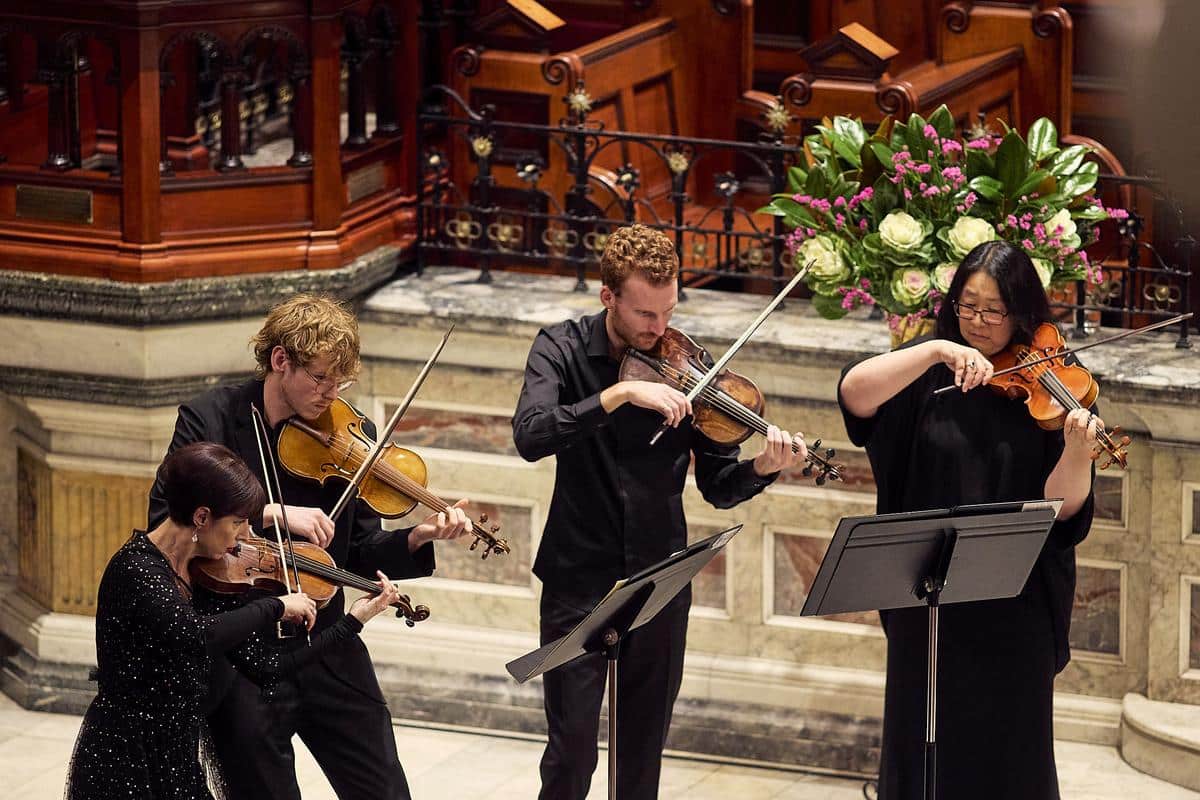

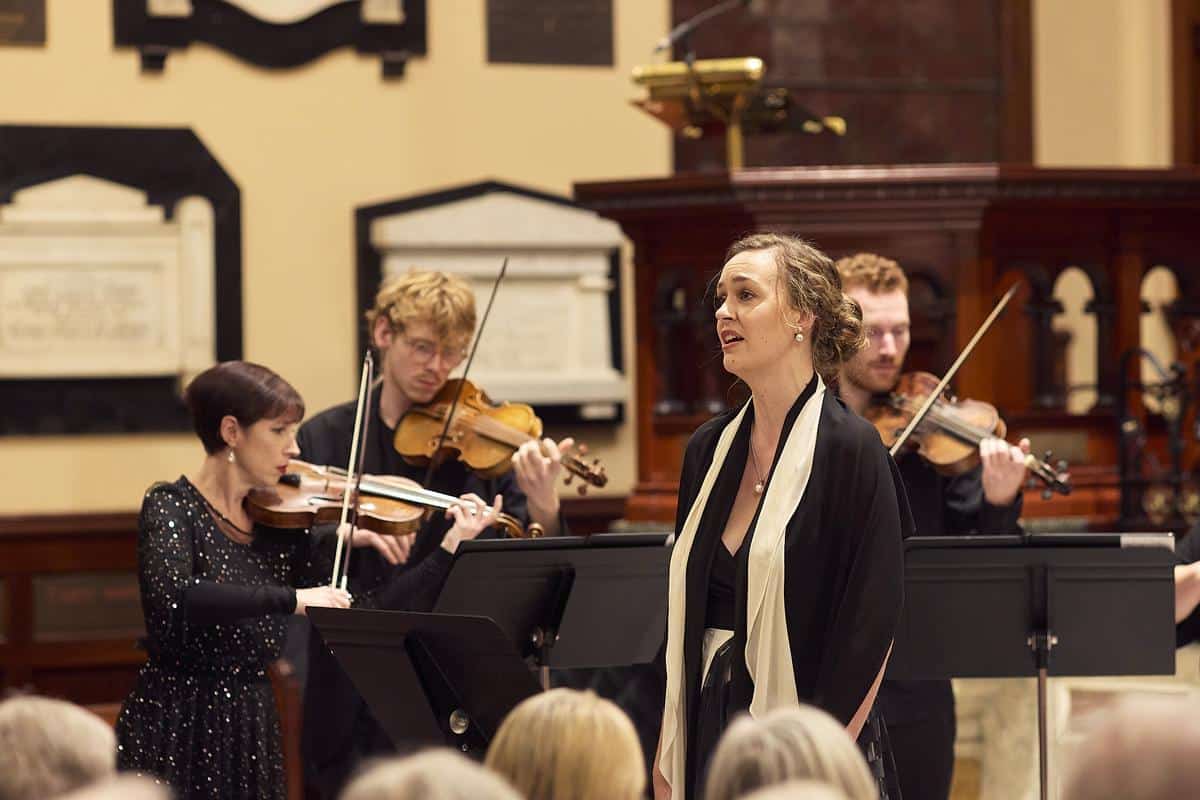
Initially, I was longing for the pipe organs standing before me to come to life but I was quickly comforted by the rare sound of a live harpsichord accompanying the orchestral melodies played by ten immensely talented musicians. One of the amazing violinists, Madeleine Easton, is the Artistic Director and founder of Bach Akademie Australia, she has graced international stages and was even invited to perform at King Charles’ coronation, performing on her 1682 Giovanni Grancino violin.
“The Class of ’85” is a tribute and exploration of four of the world’s most significant composers- Bach and his contemporaries Handel, Rameau, and Scarlatti. It is almost unfathomable that Domenico Scarlatti, George Frideric Handel and Johann Sebastian Bach were all born in the same year-1685 and only within a few hundred kilometres of each other. These remarkable musicians have continued to shape the world hundreds of years later with their incredible compositions.
But how did three such remarkable musicians, all born in the same year, become so noted in the same Baroque period? Was it that they influenced each other, or urged the other to succeed, or was it a simultaneous opportunity seized to create in the same musical movement? Either way, they are still impacting the world hundreds of years later and their influence on music and the arts has remained overwhelmingly steadfast. They have left behind a legacy that will surely live on indefinitely.
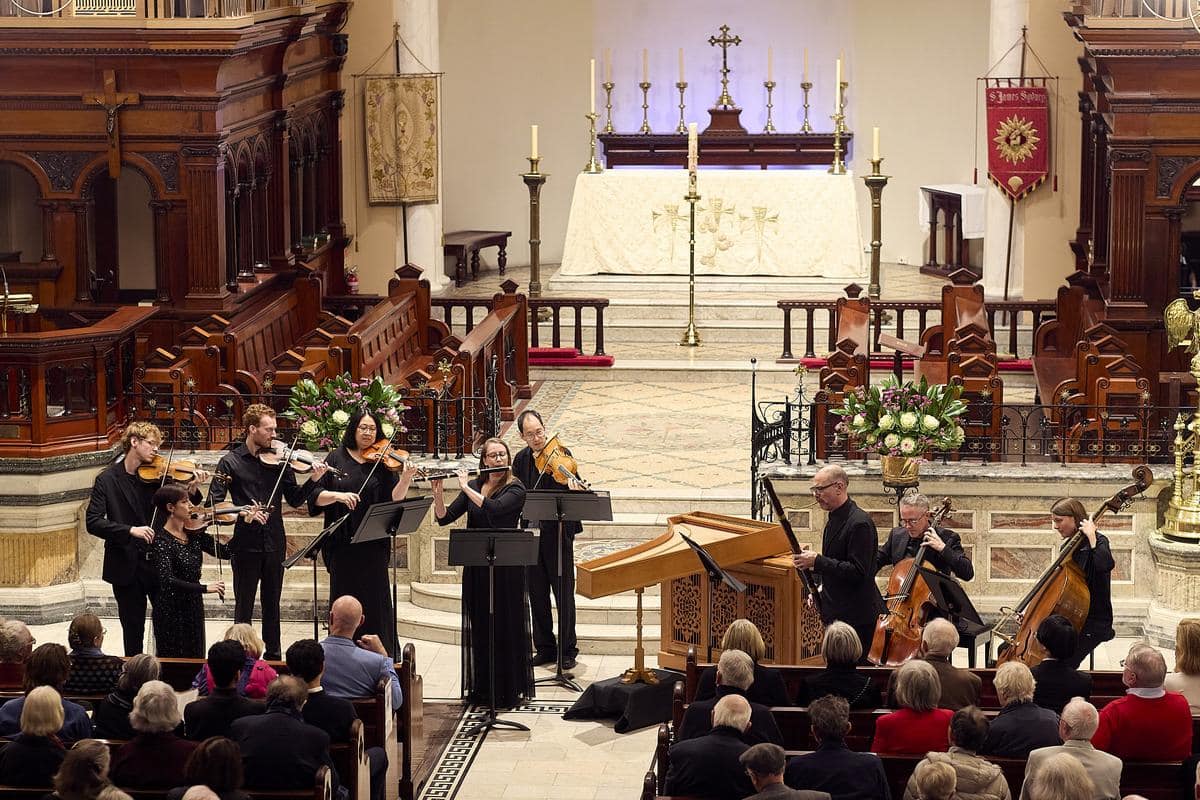

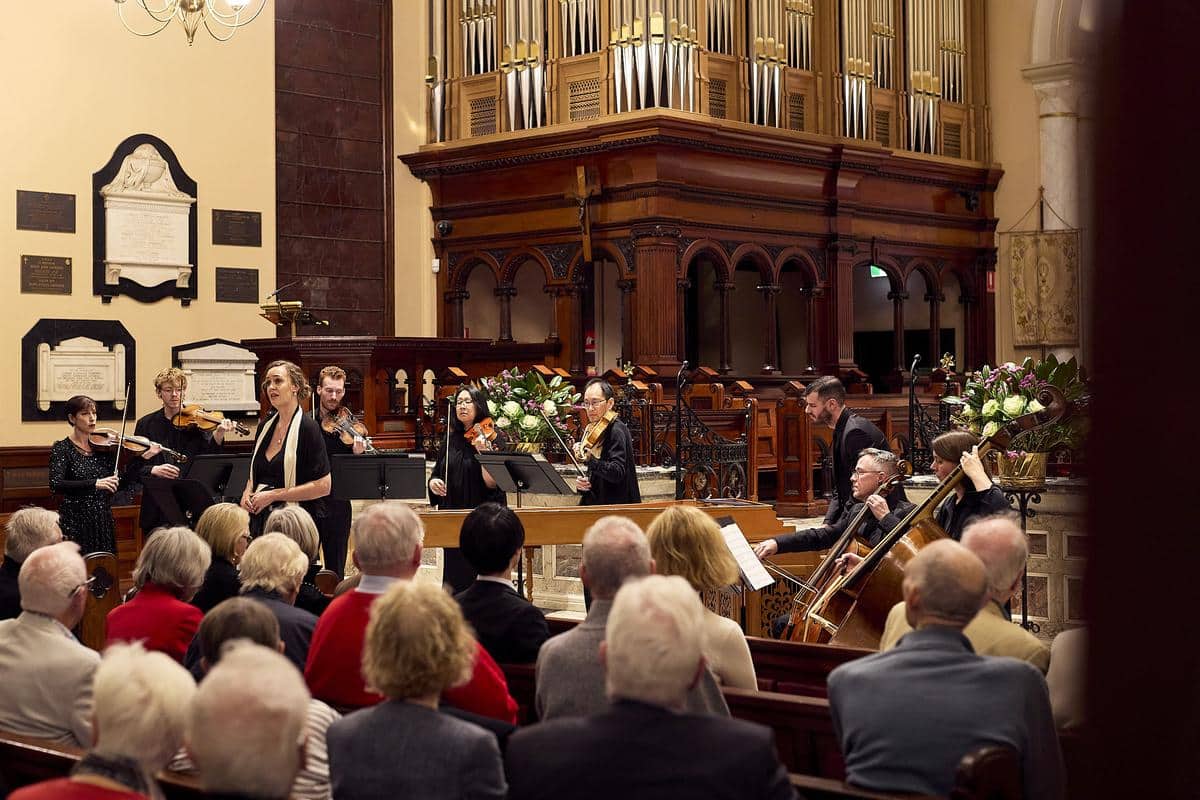
The vocal performances of Hannah Fraser and Susannah Lawergren were absolutely spellbinding. The perfect resonating acoustics in the church added to what I felt was an ethereal experience. My feelings were obviously shared by the entire audience whose chins were arched and heads visibly swaying, rendered overcome with emotion. So much so, that there was a compelling desire to close your eyes as to absorb the music in its entirety.
The entire church was engulfed by the beauty and spectacular experience. A pin drop could be heard. Not a soul spoke or whispered; it was as if a spell had been cast upon the room and only broken by intermittent applause.
I feel so humbled and honoured to have been invited to review this incredible performance: a cultural experience that has surely marked myself and other audience members for life. Thankyou from the bottom of my heart for allowing me to experience your excellence and witness a musical performance of the highest imaginable calibre.
To learn more about the Bach Akademie Australia, please visit https://www.bachakademieaustralia.com.au/.
Photographer: Keith Saunders
